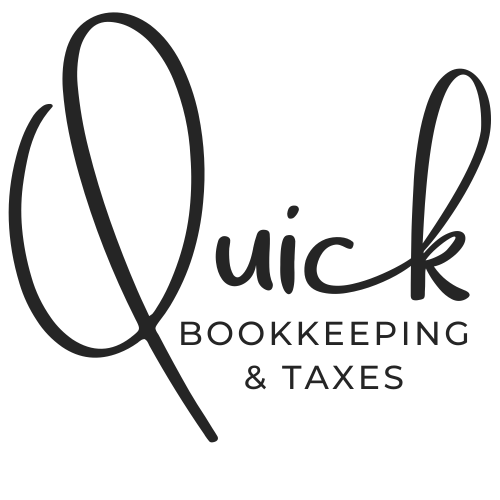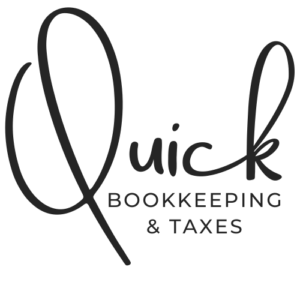It’s tempting to try to handle your bookkeeping all by yourself to save money, but that DIY approach often ends up costing more in the long run.
The truth is, even small errors and oversights in your bookkeeping can snowball into major headaches down the line. Missed deductions, inaccurate reporting, and compliance issues can all take a serious toll on your bottom line and peace of mind.
That’s why it’s so important to be aware of the 7 most common DIY bookkeeping mistakes that business owners make and most importantly how to fix them.
Mistake 1: Double entries
The most common and recurring mistake in DIY bookkeeping is, entering a transaction twice. For instance, you might purchase office supplies for $200 using your credit card and log it as a business expense. Later, when you pay off your credit card bill, you might mistakenly enter the $200 again as another expense, causing discrepancies in your books.
Solution: Track entries meticulously to avoid duplicates, ensuring balanced books and saving you from additional accounting costs.
Mistake 2: Missing transactions
As a busy business owner, it’s easy to fall behind on bookkeeping. However, without up-to-date records, you can’t accurately assess your business’s financial health.
Solution: Record every transaction the day or week it occurs. This habit prevents the end-of-quarter or year-end scramble, reducing the likelihood of missing transactions.
Mistake 3: Complicated chart of accounts
A chart of accounts lists categories for recording your income, assets, liabilities, receivables, and expenses. If you don’t set it up properly, a CPA may need to re-categorize everything, resulting in additional costs.
Solution: Keep your chart of accounts clean and easy to understand. Avoid over-complicating it with too many specific accounts, and group similar accounts together. Align your chart of accounts with tax preparation categories, such as those in Schedule C (Form 1040).
Mistake 4: Choosing accrual over cash-basis accounting
When filing your first tax return, you must choose between cash-basis and accrual accounting. DIY software often defaults to accrual, but cash-basis is typically better for new businesses as it is straightforward and clearly shows your cash flow.
Solution: Consider cash-basis accounting for its simplicity and clear representation of transactions and cash on hand.
Mistake 5: Incorrect or missing adjustments
In accrual accounting, end-of-period adjustments ensure your financial statements accurately reflect your expenses and revenues. Many people forget or incorrectly perform these adjustments.
Solution: Make adjustments for merchant fees and refunds correctly. For example, if you provide consulting services worth $500 and incur a $20 payment processing fee, record $500 in revenue and $20 as an expense, not $480 in revenue. For interest on business loans, use an amortization schedule.
Mistake 6: Losing old records
When you transition to a new system, you might find that not all information transfers seamlessly, leaving gaps in your financial records.
Solution: Always export and save your books before canceling subscriptions. Historical financial records are essential for audits, securing loans, and demonstrating business success to investors.
Mistake 7: Misclassifying personal and business expenses
Many business owners mix personal and business expenses. For example, you might accidentally use your business account to pay for personal groceries and record it as a business expense.
Solution: Maintain separate accounts for personal and business finances. Regularly review your transactions to ensure personal expenses are not recorded as business expenses. This practice keeps your financial records accurate and avoids issues during audits or tax preparation.
If you find yourself struggling at any point, don’t hesitate to seek help. Book a consultation with us at www.qbtconsulting.com, We can provide expert advice and ensure your financial records are in order, giving you peace of mind. Also, make sure to stay up to date with latest tax and bookkeeping news on our blog.


